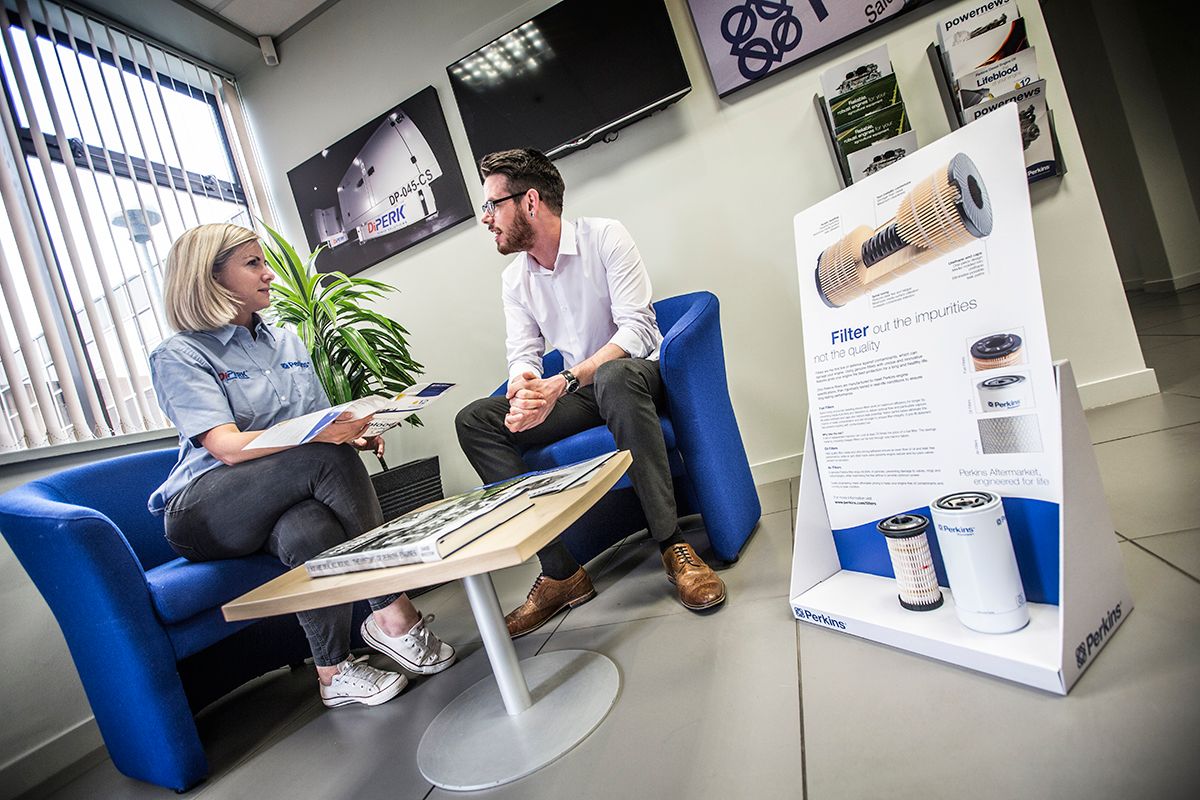Diesel engines are generally more tolerant of high temperatures than petrol engines, but summer heat still can be hard on your engine. A little extra care goes a long way to protecting your investment. Here are a few tips to help you get the most from your engine.
| Topic | Do | Don't | |
| Airflow and temperature | Do make sure there is plenty of airflow to the cooling system. Check the inlets and clean them as necessary. This is particularly important for static machines like generator sets. Do pay attention to temperature gauges and react to alarms as quickly and safely as possible. |
Don’t run the engine with access panels, cabinet doors or other parts of enclosures open. This can disrupt proper airflow and allow dirt, dust and other contaminants to reach the engine. | |
| Coolant | Do check your coolant regularly with a hydrometer. The glycol in your coolant is there for a reason, it helps control heat better than water, protecting your engine against both heat and cold. Do pay special attention to your exhaust gas recirculation (EGR) cooler. It runs a lot hotter than the radiator and is easily starved for coolant when mounted high above the engine. Proper glycol content in your coolant is very important, so be sure the fluid levels are topped up to maximum before use. |
Don’t top off the coolant with plain water. Always use the proper product (a water/glycol mix). | |
| Dust | Do whatever you can to control dust – it’s an engine killer. Turbocharger vanes and bearings are particularly sensitive to abrasive particles in cement or rock dust. If you can, water the jobsite prior to starting and during work. Do check your air filter regularly; its effective life can be substantially shortened in dusty summertime conditions. Do replace your air filter when it gets dirty. While it might seem expensive, replacement filters cost a lot less than a new turbocharger or engine. |
Don’t try to clean your air filter by knocking or blowing the dust off (with, say, an air compressor). That can create bigger holes in the filter, letting in more dirt and making it less effective. | |
| Aftertreatment and DEF fluid | Do store your diesel exhaust fluid (DEF) out of direct sunlight and at temperatures below 30°C (86°F). It’s 60 percent water, which can evaporate under the wrong conditions. Do check and maintain the DEF filter. Urea crystals from degrading fluid and ordinary dirt can damage injectors if the filter doesn’t remove them. |
Don’t worry about how hot your diesel particulate filter (DPF) may become. It’s designed to withstand the heat of regeneration. Don’t use DEF fluid that is past its expiration date or has been stored more than 12 months in hot or cold conditions. Don’t put anything except DEF fluid in the diesel exhaust fluid tank. Lube oil, fuel, water or anything else will almost certainly damage the system, leading to an expensive repair. |
|
| Fuel | Do let stored fuel sit undisturbed for a while so any water or dirt can settle to the bottom of the tank where it can be removed. And remember to drain water from the fuel storage tanks regularly. Do drain the fuel/water separator every day. Water in your fuel can damage injectors. Do check your fuel tank seals regularly. A damaged seal can’t keep dirt out. |
Don’t pour cold fuel into a hot fuel tank. It can cause condensation that adds water to your fuel. | |
| Engine care | Do use genuine Perkins filters and parts. They are designed by the people who designed your engine and know what’s required. A will-fit product is designed to fit a price by people who are only able to guess what your engine really needs. | Don’t shut down your engine without letting it idle for 5 to 10 minutes, allowing it to cool down. DEF injectors need to be cooled down to maintain their life and turbocharger bearings depend on engine lubricant for cooling — and that flow stops when the engine is shut off. |
If you're ready to receive trusted advice from a Perkins expert, speak to our team today.
Connect with usOur digital magazine with the latest news, interviews and analysis.
Read moreYour regional Perkins Distributor can provide local, on-the-ground engine support.
Learn More

